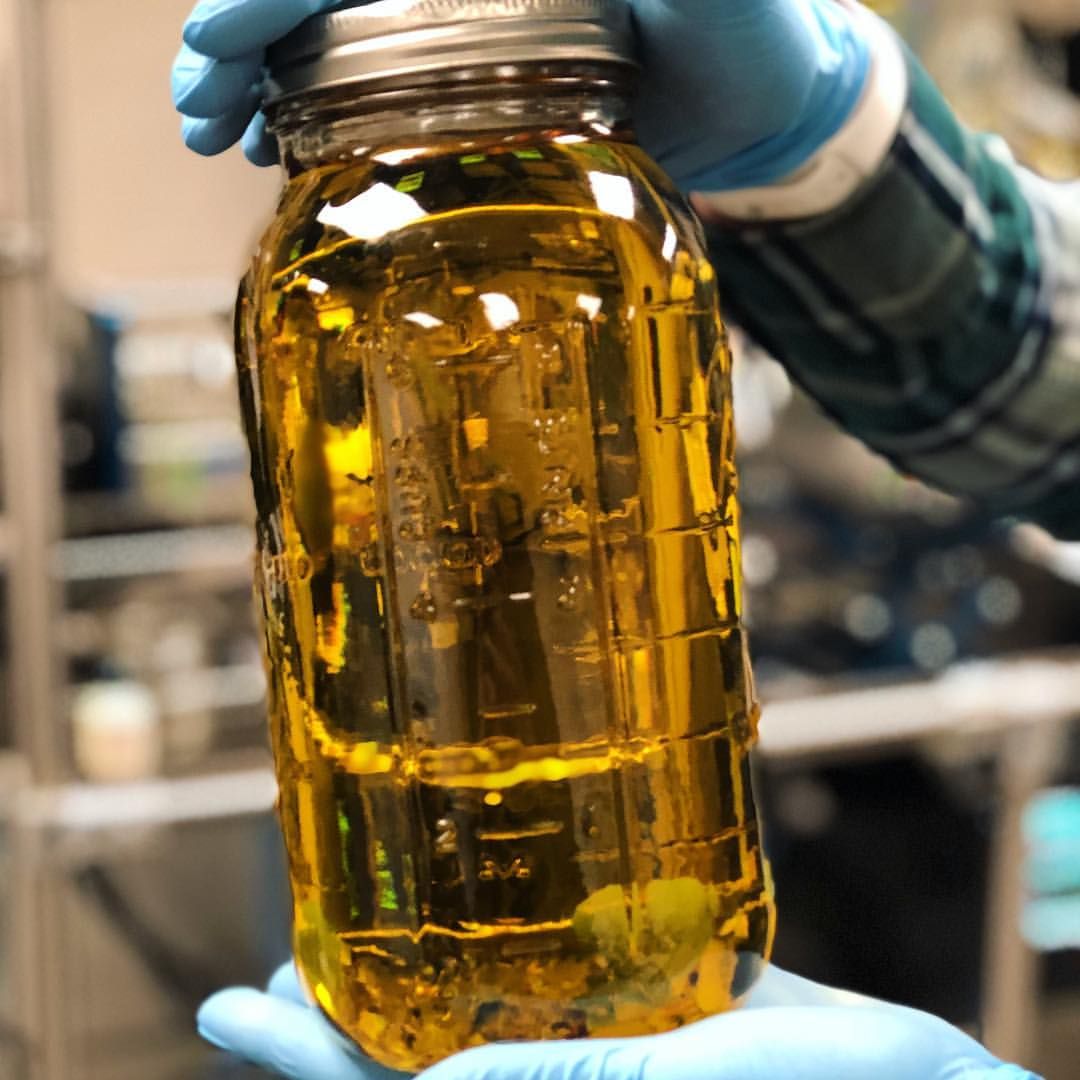When it comes to creating cannabis-infused edibles, choosing the right type of cannabis extract is crucial. Two popular options are RSO (Rick Simpson Oil) and distillate. Each has its own unique characteristics, and understanding their differences can help you make an informed decision for your edibles.
RSO: A Full-Spectrum Extract
Rick Simpson Oil, named after the activist who popularized its use, is a full-spectrum cannabis extract. It is typically made using a solvent, like ethanol or isopropyl alcohol, to extract a wide range of compounds from the cannabis plant, including cannabinoids, terpenes, and other beneficial phytochemicals.
Pros of Using RSO for Edibles:
- Full-Spectrum Benefits: RSO contains a wide array of cannabinoids and terpenes, which work together synergistically to create what is known as the entourage effect. This effect is believed to enhance the therapeutic potential of the extract.
- Medical Potential: RSO is often favored by medical cannabis users due to its potential to provide a broader spectrum of therapeutic benefits compared to more refined extracts.
- Easy to Dose: RSO is often provided in a pre-measured syringe, making it relatively easy to measure and dose accurately for edibles.
Cons of Using RSO for Edibles:
- Strong Flavor and Aroma: RSO can have a strong, earthy flavor and aroma, which may affect the taste of your edibles. Some people find it challenging to mask this taste.
- Variable Potency: The potency of RSO can vary depending on the specific strain used and the extraction process, making it important to lab-test for accurate dosing.
Distillate: A Refined, High-Potency Option
Cannabis distillate is a highly refined form of cannabis extract that is often used in edibles and vape products. It is made by distilling a cannabis extract to remove impurities, resulting in a high-potency, almost pure cannabinoid product.
Pros of Using Distillate for Edibles:
- High Potency: Distillate is known for its high cannabinoid concentration, often reaching upwards of 90% THC. This allows for precise dosing in edibles.
- Neutral Flavor and Aroma: Distillate typically has a milder flavor and aroma compared to other extracts, making it easier to incorporate into recipes without altering the taste significantly.
- Consistent Potency: Due to the refinement process, distillate tends to have a more consistent potency compared to other extracts.
Cons of Using Distillate for Edibles:
- Lack of Entourage Effect: Distillate is highly refined, which means it lacks the wide range of cannabinoids, terpenes, and other beneficial compounds found in full-spectrum extracts like RSO. Some argue that this may limit its therapeutic potential.
- Loss of Phytochemicals: The refining process used to create distillate removes many of the naturally occurring phytochemicals, potentially limiting the entourage effect.
Making the Choice
Choosing between RSO and distillate for your edibles ultimately comes down to personal preference and the desired effects you’re seeking. If you’re looking for a broad-spectrum experience with potential medical benefits, RSO may be the better choice. On the other hand, if precise dosing and a milder flavor are your priorities, distillate might be the way to go.
It’s worth noting that both RSO and distillate have their merits, and some individuals may prefer one over the other based on their unique needs and preferences. Regardless of your choice, always ensure that you’re sourcing your cannabis extracts from reputable and licensed producers to guarantee quality and safety.
You Might Also Like This:

